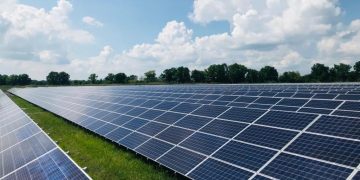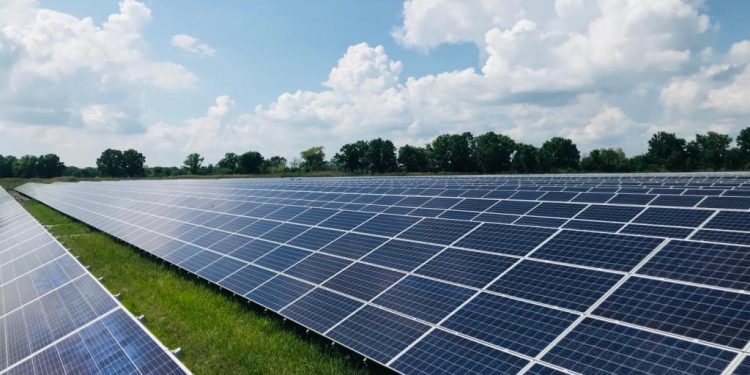#Agrivoltaics #SustainableAgriculture #Crop-ResponsivePVTrackers #GreenhouseOptimization #RenewableEnergy
Agrivoltaics has gained popularity in recent years as a sustainable approach to land use that combines solar energy production and agriculture. The new agrivoltaic project, which will utilize crop-responsive PV trackers for greenhouses, aims to further optimize the use of land by improving energy production while minimizing water consumption.
Crop-responsive PV trackers for greenhouses are designed to move with the sun, providing maximum exposure to sunlight throughout the day. The technology can also respond to the needs of specific crops by providing shade or redirecting sunlight as necessary. This allows for greater flexibility in greenhouse operations and can ultimately lead to higher crop yields.
The benefits of agrivoltaics for sustainable agriculture are numerous. By combining solar energy production with agriculture, farmers can reduce their reliance on fossil fuels and improve their energy independence. Additionally, agrivoltaics can help to conserve water by providing shade to crops and reducing evaporation. This can be particularly important in regions where water is scarce.
In conclusion, the new agrivoltaic project utilizing crop-responsive PV trackers for greenhouses is an innovative approach to sustainable agriculture that can provide numerous benefits. By optimizing land use and improving energy efficiency, this technology has the potential to revolutionize the way we approach agriculture in the future.































